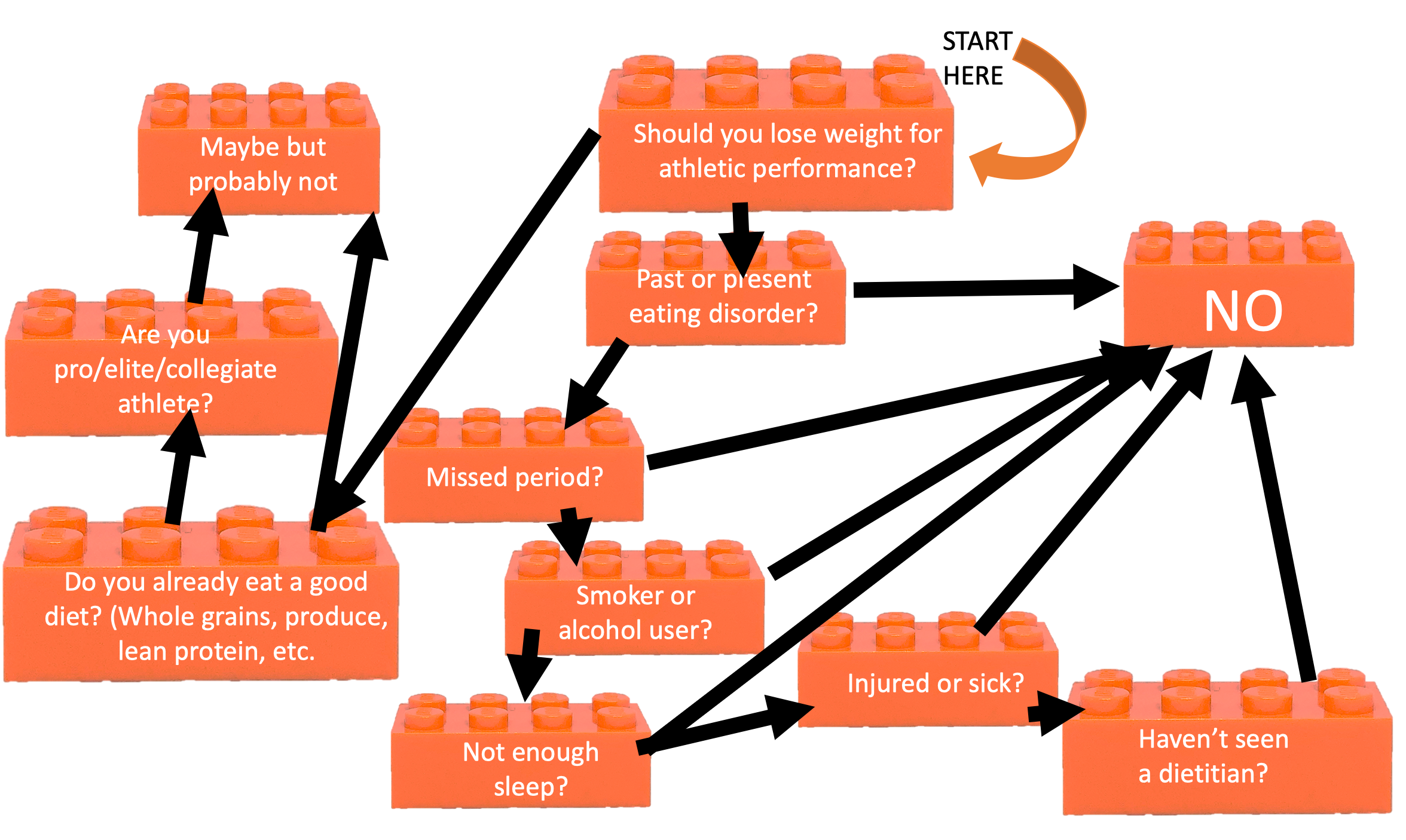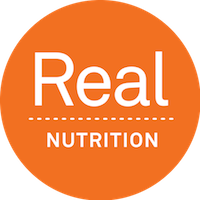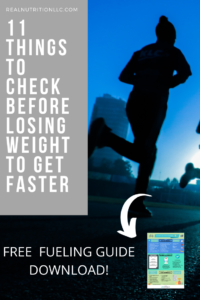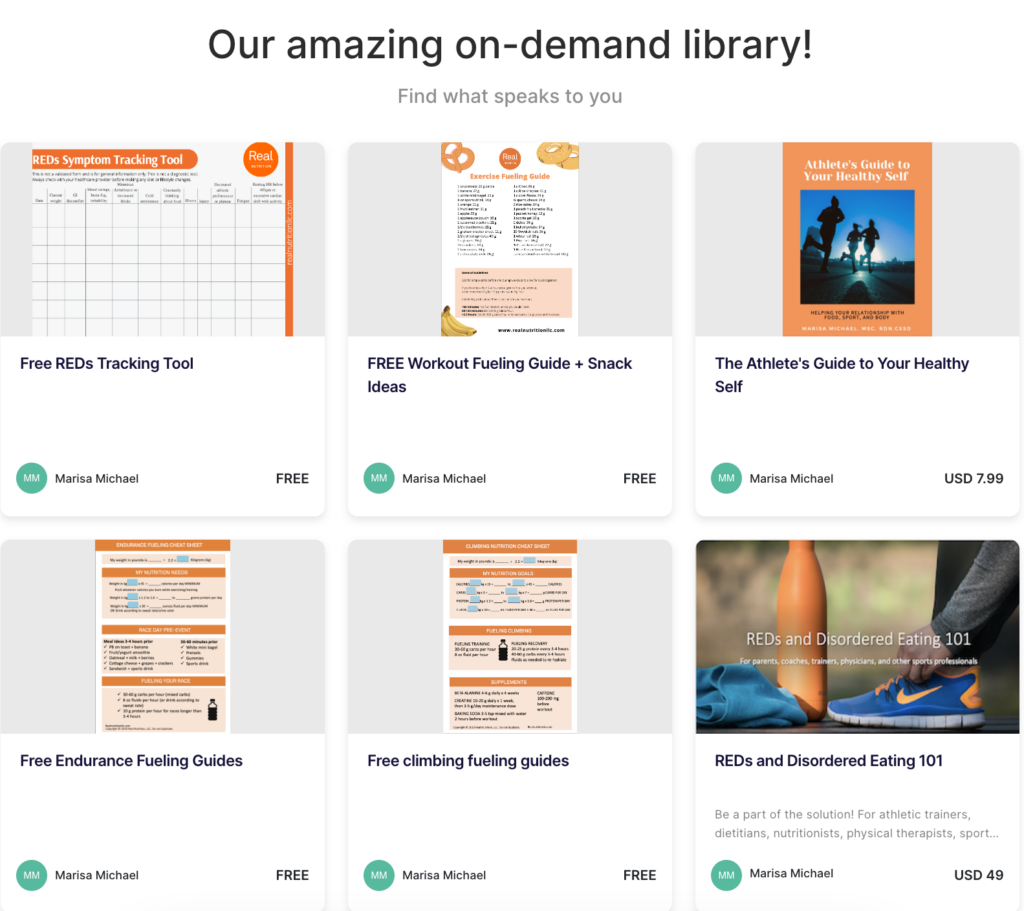
Should you lose weight to get faster?
I straddle two worlds. As a sports dietitian, I am tasked with the job of helping people improve their performance through nutrition. Sometimes that means eating strictly, or losing weight. But at the same time, I must also remember their overall mental and physical health. These two goals sometimes clash.
The pursuit of sports performance is a road marked by sacrifice. Time, comfort, family, leisure, social interactions, sleep, and even what you eat. Depending on how dedicated you are to your sport, it can be a noble pursuit, or a negligent imbalance of sport over life. It can elevate people to the highest levels of pro or Olympic dreams, or become an obsession that takes over normalcy.
Depending on how you implement it, the “sports diet” can be a meaningful and reasonable way to achieve better performance. Or it can be a slippery slope toward eating disorders and declining mental and physical health.
Some athletes may need to lose weight to become better at their sport.
Weight-class athletes like rowers, wrestlers, and boxers need to fit into a weight category to even compete. So yes, these athletes may need to lose weight to become better at their sport. However, there is growing evidence that losing weight rapidly and repeatedly can be harmful to your performance and your overall health.
What about other athletes, such as runners, hikers, alpinists, cyclists, or rock climbers? These athletes have to carry their weight (and the weight of their gear) across a distance. The less weight you need to haul, the faster you’ll be–that’s just physics, right?
Losing weight will only help you in certain situations.
There’s a line you can cross with weight loss. And trust me, you don’t want to cross it. Lost fat and muscle can lead to a number of health and performance consequences. Even under-fueling inadvertently can lead to these consequences. Low energy availability, or Relative-Energy Deficiency in Sport (RED-S) is a syndrome that describes an athlete suffering negative health effects from not eating enough. This can result from eating disorders, disordered eating, purposefully trying to cut calories to lose weight, or not eating enough by accident (being unaware of how much your body needs).
Some signs and symptoms are:
- Menstrual disturbances (females)
- Low testosterone (males)
- Decreased immunity
- Mood disturbances (irritability, depression)
- Poor bone health
- Increased risk of injury
- Increased risk of illness
- Decreased performance
- Stress fractures
- Decreased cardiovascular health
- Decreased muscle strength
- Decreased glycogen stores
- Decreased concentration
- Gastrointestinal problems
- Stunted growth in children and adolescents
Take a look at that list. Pretty dire consequences for not eating enough! So before you think you have to lose weight in order to be faster, first check in with a sports dietitian and sports physician to see if you really should. If you are already at an appropriate weight, chances are you don’t need to lose more. And if you are at a higher weight than you think you should be, chances are you STILL don’t need to lose! If you want to learn more about this, check out our on-demand REDs and Disordered Eating 101 masterclass.
Before losing weight to get faster, check for these 11 things:
- Are you getting enough sleep?
- Did you cut out alcohol and smoking?
- Do you have a useful, science-backed training plan in place?
- Are you really following the training plan and still not seeing results?
- Do you have regular periods (females)?
- Do you have any symptoms/signs of RED-S?
- How important is the sport in your life? Important enough to risk mental and physical health?
- Are you currently injured, recovering from an injury, or sick?
- Have you had or currently have an eating disorder/disordered eating?
- Are you fueling your sport correctly?
- Have you seen a sports dietitian to determine this?
Consider all these before losing weight. Often tweaking your training plan, sleep, diet, and recovery days are enough to see improved performance without losing weight. You may like our Endurance Fueling masterclass to learn more about how to fuel to prevent these problems!
Losing weight to improve sports performance should be your last resort. Not your first option.
If you truly do need to lose weight for your sport, remember it likely only needs to be temporary. Periodize your nutrition and weight changes to match your training and competition cycle. Losing weight for a competition but then letting your body come back up to its natural weight is better than staying at a very low weight year-round.
Want to learn more about how to enhance your athletic performance?
Check out our amazing nutrition resources, including on-demand courses, free downloads, and webinar replays.
- Nutrition for Climbers
- The Ultimate Guide to Useful Sports Supplements
- Ditch Diets and Become an Intuitive Eater
And be sure to follow us on Instagram!
Book an appointment with the dietitian
Photo by Fitsum Admasu on Unsplash
~This is general nutrition information only and is not intended as dietary advice. Always check with your healthcare provider before undergoing any diet or lifestyle changes.


